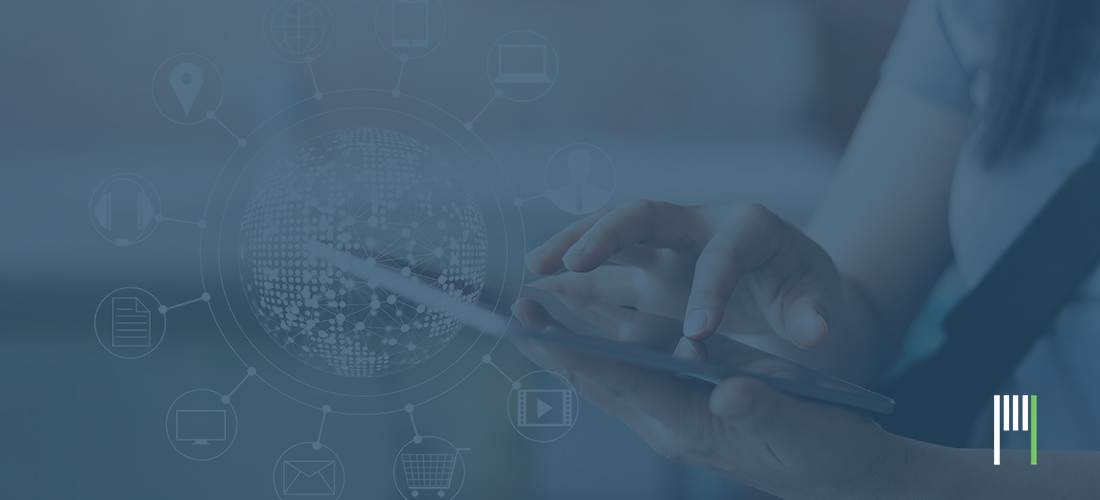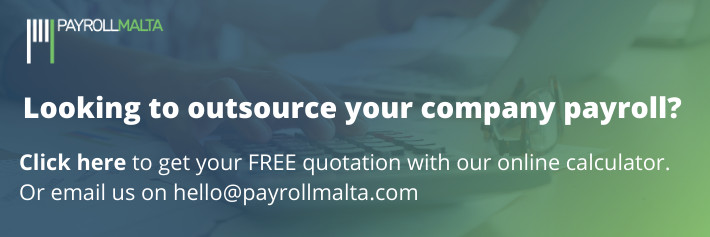As connectivity and digitalisation are becoming the most prominent players of any industry by the second, it is of utmost importance that a business’ digital and online databases are up to the highest data security standards. With cybercrime and data breaches hitting the headlines internationally, almost daily, a company has to keep their sensitive data behind the most rigorous security measures possible.
For any business, a payroll database carries sensitive data. If compromised, repercussions can span from identity theft to ruined lives and wrecked businesses. Although not even NASA’s records and systems are fool-proof, if a company makes it hard to infiltrate its systems, hackers are likely to move on to ones that are faster and easier to break.
In case you are still handling your company payroll in-house—despite the many benefits and relative ease of outsourcing payroll—you can make sure that your employee data and payroll information stays secure. Just make sure you follow the steps below.
1. Educate Staff
Although discussions about the importance of lifelong learning are becoming weary, the gravity of educating yourself and training staff regularly has never been so valid. Hackers can gain access to anybody’s computer and all the connected networks by one careless click of a link.
Keep in mind that, for the sake of your company and your staff, educating your employees on the most common ways hackers try to gain access to confidential information can decrease the risk of being hacked. More often than not, malicious emails will clone contacts your employees know and ask for a link to be clicked. Although such an email can imitate the sender’s name, and sometimes even signature, the wording of the email will be odd, as well as the subject line.
Also, make your staff stay mindful about emails they receive and to be sceptical about links and odd requests in emails. A spam email can be easily filtered by checking the address: if it does not match the corporate format, it most definitely is from an untrusted source. At the same time, tell your staff to double-check and validate attached files before downloading and opening them.
Another cleverly nefarious way of gaining access to a database or confidential system is by so-called phishing. Essentially, hackers recreate the administrator login page of the system that you use. If a member of staff arrives at this page and unintentionally tries to log in, hackers immediately learn the account handle and password and can get into the system.
It is suggested, therefore, that such login pages are saved as bookmarks—as hackers usually recreate the cloned pages for domain names with typos. Tell staff always to check whether the connection is secure: it has to show either a tiny padlock before the domain address or have https:// in before—“s” meaning secure.
2. Password Protect Yourself
The password your staff uses to access your sensitive databases should be abstract, extended, and use as many characters as possible: lowercase, uppercase, numbers and special symbols. Creating a strong and complex password can help withstand so-called brute force attacks, where a piece of software will try to log into your database by working on every single password possibility one by one. The longer and more complicated the password is, the longer it would take for a brute-force software to find it out—which can mean months if a password is secure.
Alternatively, some suggest using a password of four (or more) random words, such as “balloonpiecarnivorescuba”. Opting for this can help staff remember the password better and given the randomness of the password makes it hard to hack.
To increase security standards, create a company policy for these passwords to be changed every month. This significantly increases your security measures, as by the time automated mechanisms would try to figure out your password, it is changed to something else.
Deploying a solution that offers two-step authentication is another way to make sure that your sensitive data stays uncompromised. By using two-step authentication, even if your account handle and password is stolen, upon logging in, a temporary password is sent to a selected mobile number that needs to be entered. Adding such a feature can make your system secure.
3. Update Systems
If you use a payroll system in-house, the chances are that a third-party developer delivers it. Make sure you update your software as soon as the developer issues a recent version.
Developers work around the clock to fine-tune their software to the highest standards. It is an ongoing battle. Hackers keep trying novel ways of breaking into software, while developers keep strengthening security protocols to fend off hack attempts. It revolves like an endless—and vicious—circle.
4. Deploy Ethical Hackers
You can even consider deploying ethical hackers to see if they can break into your systems. If your systems prove to be impenetrable: well done, your policies may be working, keep up the excellent work. If they manage to break into any of your systems, however, you can gain some very educational insight.
On the one hand, you will know that you have to improve to withstand a real hack attempt. On the other hand, the commissioned ethical hackers will be able to tell you how and where they could break into your database. As such, you will have an idea of the weaknesses of your system, and ethical hackers will also be able to give you recommendations on how to enhance your protocols.
5. Build Trust
If you use a third-party software in-house, probably an essential part of such a cooperation is to make sure you can trust your providers. Run market research to see if the solution you are considering is widely used.
Check the update history: If it is regular, you can be sure that the developers are continuously working on the software. Ideally, you should be looking into a solution that comes with easy-to-reach and quick customer service, so if you bump into any difficulties, you can be sure that the provider will help you out.
Trust is also a determining factor when you outsource your payroll services. It would help if you made sure that trust is established with the service provider. A payroll administration service provider will have increased focus, ample experience, and up-to-date cybersecurity protocols.
At Payroll Malta, we handle your data with top priority; placing a particular focus on security, safety and reliability. We utilise industry-leading software and hardware solutions for storing and protecting your data.







